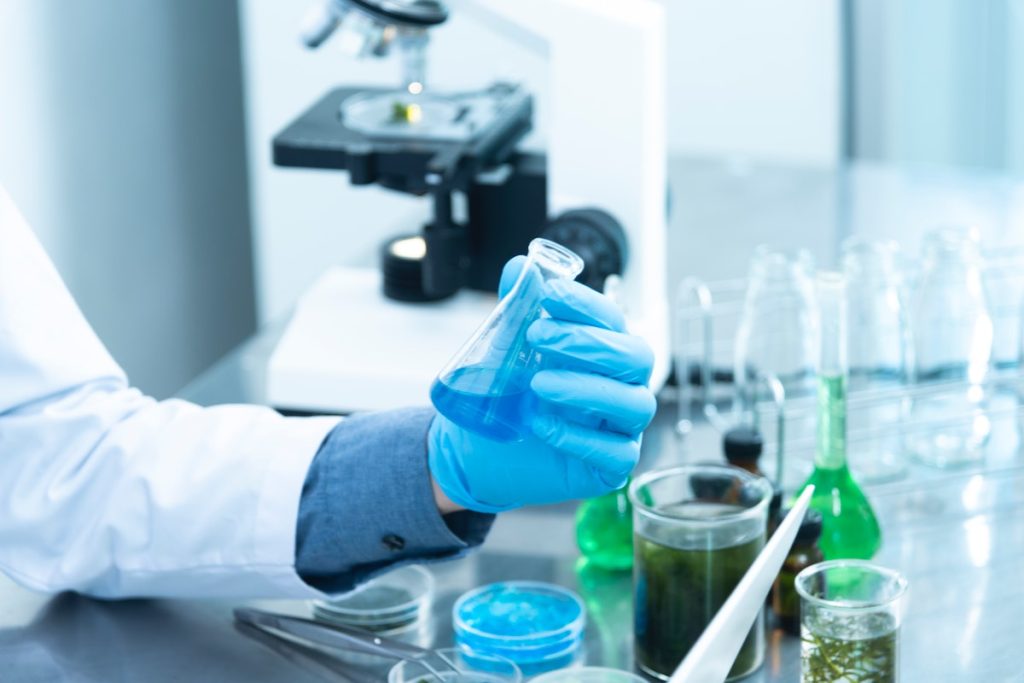- Chemical plants transform raw materials into more useful products.
- AI, machine learning, process automation, and data analytics are helping to revolutionize chemical plants.
- Benefits of these technologies include cost savings, improved efficiency and better decision-making capabilities.
- These advancements have made it an exciting time for businesses looking to leverage new technologies for production.
Businesses in the chemical industry are continuously looking for ways to modernize their plants and stay ahead of the competition. Technologies such as AI, machine learning, process automation, and data analytics have had a massive impact on chemical plants. This blog post will look at technological advancements revolutionizing chemical plants.
What Do Chemical Plants Do?
The main purpose of chemical plants is to transform raw materials into more valuable products. This process involves extracting chemicals from natural resources such as crude oil, natural gas, or minerals. To create the desired product, the extracted chemicals undergo several processes, such as heating, cooling, blending, and filtering. The result can range from fuels like gasoline or diesel to plastics or pharmaceuticals.
Chemical plants also play an essential role in environmental protection. By using state-of-the-art technology and high safety standards, they ensure that potentially hazardous materials are processed safely without causing any harm to the environment. Additionally, many chemical plants have implemented green practices such as reducing waste by recycling materials or utilizing renewable energy sources like solar power.
Why Are Chemical Plants Important?

Chemical plants are necessary for many industries’ operations because they can quickly produce large quantities of high-quality products from raw materials. Moreover, these facilities help businesses save money since they provide efficient ways to extract valuable resources from natural materials with minimal waste or emissions.
Thus, chemical plants help provide businesses with reliable sources of raw materials while also protecting our environment by taking steps to reduce pollution and minimize emissions.
The Modern Advancements in Chemical Plants
As mentioned, chemical plants are constantly looking for ways to modernize their operations and stay ahead of the competition. Additionally, new technologies have emerged that can help optimize production quality, reduce costs, and increase efficiency. Here are some of them:
AI (Artificial Intelligence) and Machine Learning
AI and machine learning are being used to improve efficiency in chemical plants. For example, AI can identify wastage and optimize processes by quickly detecting irregularities or malfunctions. This can reduce downtime significantly and save money.
AI also reduces the risk of accidents due to human error and increases safety for workers by supervising hazardous areas.
Robotics
Like other industries, robotics is used to automate chemical plant tasks. This has helped improve efficiency and accuracy as well as reduce costs. It’s also a vital component in the maintenance of pipelines used in chemical plants. For instance, pigging in modern chemical plants is supported by specialized intelligent pigging companies.
Pigging consists of using intelligent, robotic-like devices known as pigs to clean and maintain pipelines without the need to shut down production. This process is increasingly used in various industries due to its efficiency, cost-effectiveness, and inability to contaminate products. Companies can therefore stock up on pigs preconfigured for specific applications, ensuring every company’s needs are met.
Process Automation
Process automation is another significant advancement in the chemical industry that drastically improves efficiency. Automating processes allows businesses to easily manage large-scale operations with fewer resources, reducing costs significantly.
Automation also helps reduce wastage and makes tracking data related to production cycles easier. Additionally, automated processes allow for more accurate results with less room for error.
Data Analytics

Data analytics is also essential in modernizing chemical plants by providing insights into how production lines are performing based on data collected from various sources within a plant. Data analytics helps businesses make informed decisions about cost optimization, process optimization, resource management, and other aspects of production planning.
It provides valuable insights into customer behavior which can be used to tailor products accordingly and increase customer satisfaction levels.
Furthermore, data analytics can help to identify safety risks and take the necessary steps to reduce them. By collecting and analyzing data, chemical plants can identify areas where safety protocols need to be enhanced or adjusted to ensure that operations occur safely and efficiently.
Final Thoughts
In conclusion, technologies such as AI, machine learning, process automation, and data analytics have been instrumental in modernizing chemical plants worldwide. They offer businesses various benefits, such as cost savings, improved efficiency, and better decision-making capabilities which help them stay competitive in today’s market. As these technologies continue to advance, so will their potential applications within the chemical industry – making it an exciting time for businesses looking to leverage new technologies within their production processes!



